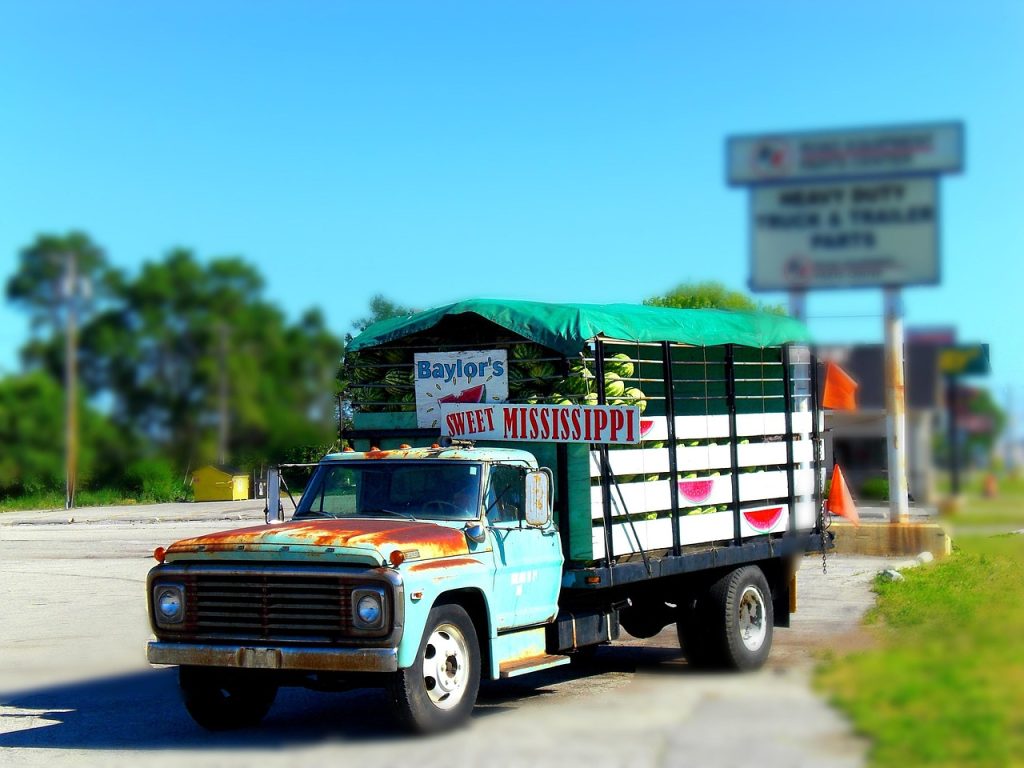The food industry operates within a complex web of regulations, quality requirements, and consumer expectations that make specialized support services essential for business success. Food entrepreneurs often discover that creating great products represents just the beginning of their business challenges.
The path from concept to consumer involves numerous specialized functions that require expertise; many business owners prefer to outsource rather than develop internally. These support services have evolved to address the unique demands of food businesses, from maintaining product safety to navigating seasonal supply fluctuations.
Commercial Kitchen Rental and Shared Facilities
Many food businesses start without the capital to build their own production facilities, making commercial kitchen rentals an attractive option. These shared spaces provide certified commercial-grade equipment, proper ventilation systems, and health department-approved facilities that meet regulatory standards. Operators can rent time slots to produce their goods while sharing overhead costs with other food entrepreneurs.
Food Safety Consulting and HACCP Implementation
Food safety regulations require businesses to develop comprehensive hazard analysis plans and maintain detailed documentation of their processes. Professional food safety consultants help businesses understand complex regulations, develop appropriate protocols, and prepare for health department inspections. These specialists stay current with changing regulations and can customize safety programs for specific types of food operations.
Ingredient Sourcing and Supply Chain Management
Reliable ingredient sourcing becomes critical as food businesses scale beyond local suppliers and farmers markets. Professional sourcing services help businesses find consistent suppliers, negotiate pricing contracts, and manage inventory planning across multiple vendors. These services often include quality verification, supplier auditing, and backup sourcing arrangements to prevent production disruptions.
Craft Distilleries
Collaborations with craft distilleries like Mulholland Distilling open avenues for unique beverage programs and specialized culinary offerings. When considering distilleries for hire, food service businesses should look for partners who understand the seasonality of agricultural products that form the base of their spirits, ensuring a consistent supply for co-created drinks or dishes. Storage considerations for ingredients or finished products can be complex, so a distillery’s logistical capabilities for perishable goods are crucial.
Strong relationships with agricultural brokers, local farms, and specialized ingredient suppliers indicate a distillery’s commitment to quality and reliable sourcing, which directly impacts the consistency and appeal of the food service business’s offerings.
Product Development and Recipe Scaling
Transitioning from small-batch recipes to commercial production requires technical expertise in scaling formulations while maintaining consistent quality and flavor profiles. Food scientists and product development consultants help businesses adjust recipes for larger production runs, account for equipment differences, and maintain shelf stability. These professionals understand how ingredients behave differently at scale and can recommend appropriate preservatives, stabilizers, or processing modifications.
Refrigerated Transportation and Cold Chain Logistics
Fresh produce and perishable specialty goods require temperature-controlled transportation to maintain quality from producer to consumer. Cold chain logistics providers, such as Community Provisions LLC, specialize in maintaining specific temperature ranges throughout the distribution process, using refrigerated trucks, insulated packaging, and temperature monitoring systems. These services become particularly important for businesses shipping products across long distances or to customers who expect restaurant-quality freshness.
Co-Packing and Contract Manufacturing
Many food businesses benefit from partnering with established manufacturers who can produce their products at larger scales than their own facilities allow. Co-packers provide production services, packaging, and often storage capabilities while allowing brands to maintain control over their recipes and specifications. These relationships help businesses access specialized equipment, meet increased demand, and reduce capital investments in production facilities.
Specialty Food Distribution Networks
Getting specialty food products to retail locations requires distribution partners who understand the unique needs of artisanal and gourmet products. Specialty distributors maintain relationships with independent retailers, gourmet shops, and specialty sections of larger stores where these products perform best. These distributors often provide marketing support, product placement guidance, and inventory management services tailored to slower-turning specialty items.
Digital Marketing and E-Commerce Platform Development
Food businesses increasingly rely on direct-to-consumer sales through online platforms and social media marketing to build brand awareness and customer loyalty. Digital marketing agencies that specialize in food brands understand food photography, seasonal promotion strategies, and compliance requirements for food advertising.
E-commerce platform providers offer solutions specifically designed for food businesses, including subscription management, shipping integration, and inventory tracking. Shopify, WooCommerce, and specialized food e-commerce platforms provide these services alongside marketing agencies that focus on food and beverage clients.
Quality Control Testing and Laboratory Services
Maintaining consistent product quality requires regular testing for nutritional content, shelf stability, and potential contaminants throughout the production process. Independent laboratories provide testing services that many food businesses cannot perform in-house, including microbial testing, nutritional analysis, and allergen verification.
These services help businesses meet labeling requirements, verify supplier claims, and identify potential quality issues before products reach consumers.
Insurance and Risk Management Services
Food businesses face unique liability exposures that require specialized insurance coverage beyond standard commercial policies. Product liability, contamination coverage, and recall insurance protect businesses from financial losses related to food safety incidents or product defects. Risk management consultants help food businesses identify potential hazards, develop crisis response plans, and implement preventive measures to reduce their exposure to costly incidents.
Packaging Design and Supply Chain Services
Product packaging serves multiple functions for food businesses, from protection and preservation to marketing and regulatory compliance. Packaging specialists help businesses select appropriate materials, design attractive graphics, and meet labeling requirements while managing costs and environmental considerations. These services often include sourcing packaging materials, coordinating with printers, and managing inventory levels to prevent production delays.
Financial Services and Industry-Specific Banking
Food businesses often require specialized financial services that understand the seasonal nature of agricultural supply chains and the unique cash flow patterns of food production. Agricultural lenders, equipment financing companies, and banks with food industry expertise provide capital for equipment purchases, facility expansion, and working capital needs. These financial partners understand the cyclical nature of food businesses and can structure loans appropriately for seasonal businesses or those with long product development cycles.
Waste Management and Sustainability Consulting
Food production generates various types of waste that require specialized handling, from organic matter that can be composted to packaging materials that need recycling. Sustainability consultants help food businesses develop waste reduction strategies, find markets for byproducts, and implement environmentally responsible practices that can reduce costs and appeal to environmentally conscious consumers.
These services become particularly valuable as businesses scale and waste volumes increase, making efficient waste management systems economically important.
The success of food-related businesses increasingly depends on building relationships with service providers who understand the industry’s specific requirements and challenges. These partnerships allow food entrepreneurs to focus on their core competencies while accessing specialized expertise in areas like regulatory compliance, logistics, and quality control.
The service providers mentioned throughout this article represent just a portion of the support network available to food businesses, with local and regional options often providing more personalized attention and industry-specific knowledge. As the food industry continues to evolve with changing consumer preferences and regulatory requirements, these specialized services adapt to meet new challenges and opportunities in the marketplace.


